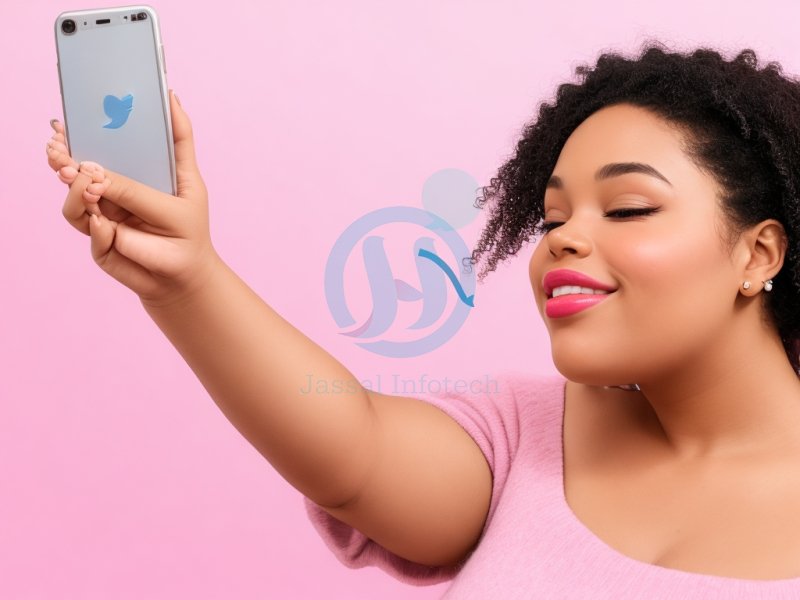
In today's digital age, social media has become an integral part of our lives, shaping how we perceive ourselves and others. Among the various aspects influenced by social media, one of the most prominent is beauty standards. With a constant influx of filtered images, airbrushed perfection, and unrealistic ideals, the online world has established an intricate web of beauty expectations that can significantly impact our self-image. In this blog, we will delve into the far-reaching effects of social media on beauty standards, explore the challenges it poses to self-esteem, and provide actionable tips on navigating self-image in the online realm.
Social media platforms like Instagram, Facebook, and TikTok have revolutionized how we interact and perceive beauty. These platforms present us with seemingly flawless individuals, setting the benchmark for what society considers "beautiful." These heavily curated profiles often showcase perfect skin, slim bodies, and symmetrical features, perpetuating unrealistic beauty ideals that are far from achievable for the average person.
As we consume these idealized images day in and day out, it's only natural for us to start comparing ourselves to these carefully crafted online personas. This constant comparison can take a toll on our self-esteem, leading to feelings of inadequacy, body shame, and even depression. The pressure to conform to these unrealistic standards may also drive individuals to resort to extreme measures such as excessive dieting, cosmetic surgeries, or harmful beauty practices.
Social media influencers, with their massive followings, have emerged as key players in influencing beauty standards. These influencers endorse products, promote beauty trends, and often become aspirational figures for their followers. However, it is crucial to remember that most of their content is curated, filtered, and edited, creating a distorted reality that can have damaging effects on the audience's self-perception.
Amidst the barrage of idealized beauty standards, a growing movement of body positivity and self-love has gained momentum on social media. Influencers and users alike are embracing their flaws and imperfections, encouraging others to do the same. It's essential to curate our social media feeds consciously, following accounts that promote self-acceptance, diversity, and inclusivity. Surrounding ourselves with positive content can help challenge the unrealistic beauty ideals and boost our self-confidence.
Taking regular breaks from social media can be incredibly beneficial for our mental well-being. Engaging in hobbies, spending time with loved ones, or practicing mindfulness exercises can help break the cycle of comparison and refresh our perspectives. Additionally, critically evaluating the content we consume and being aware of the airbrushed nature of most online images can help us build resilience against the damaging effects of unattainable beauty standards.
As individuals, we should strive to embrace our unique features and qualities. Recognizing that perfection is an illusion and that beauty comes in all shapes, sizes, and forms can liberate us from the shackles of societal expectations. Let's focus on our strengths, passions, and achievements rather than fixating on appearance alone. Authenticity is what sets us apart and makes us truly beautiful.
Social media undeniably has a significant impact on beauty standards and self-image. The relentless pursuit of unattainable beauty ideals can harm our mental well-being and perpetuate an unhealthy comparison culture. However, with mindfulness, self-compassion, and a conscious effort to promote body positivity, we can navigate the digital realm with confidence and embrace our unique beauty. Let's remember that beauty is not confined to the virtual world but lies within our ability to love and accept ourselves, just as we are.
Share This News